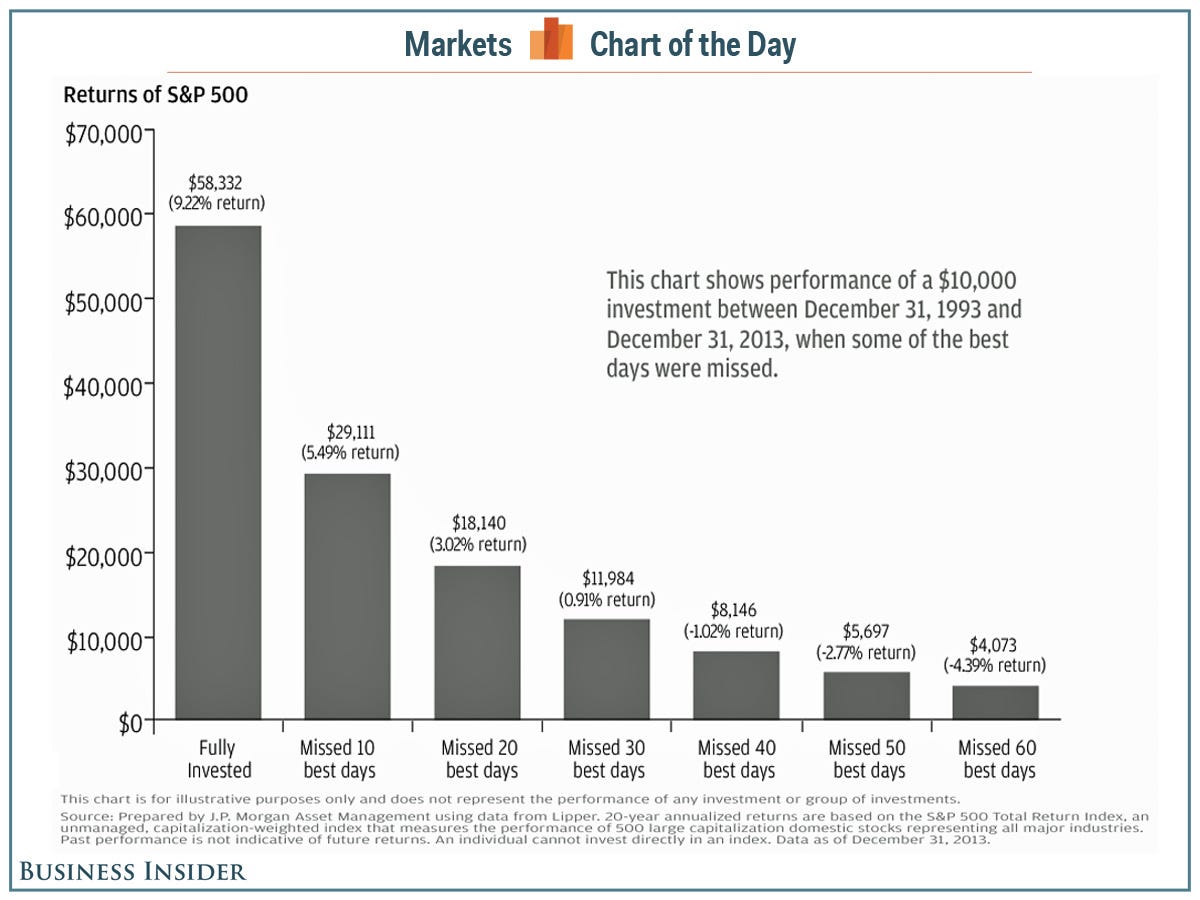marko
Give me a museum and I'll fill it. (Picasso) Give me a forum ...
- Joined
- Mar 16, 2011
- Messages
- 8,427
Each January I set an 'expectation' of what my portfolio will do. Sometimes I'm more than pleased at year's end, other times horribly disappointed; doesn't matter, it's just a yardstick.
With the current market run-up, I've gained almost 75% of my expected 7%.
I don't buy into the "sell in May" mind-set but with last year's market having gone flat in June, I'm wondering if anyone else is thinking of taking some money off the table.
In my particular case, this is more about investment preservation as my income derives mostly from dividends.
I'd prefer this not become a discussion on the wisdom of "Sell in May" but more of what others are doing in the current market.
Thoughts?
With the current market run-up, I've gained almost 75% of my expected 7%.
I don't buy into the "sell in May" mind-set but with last year's market having gone flat in June, I'm wondering if anyone else is thinking of taking some money off the table.
In my particular case, this is more about investment preservation as my income derives mostly from dividends.
I'd prefer this not become a discussion on the wisdom of "Sell in May" but more of what others are doing in the current market.
Thoughts?


